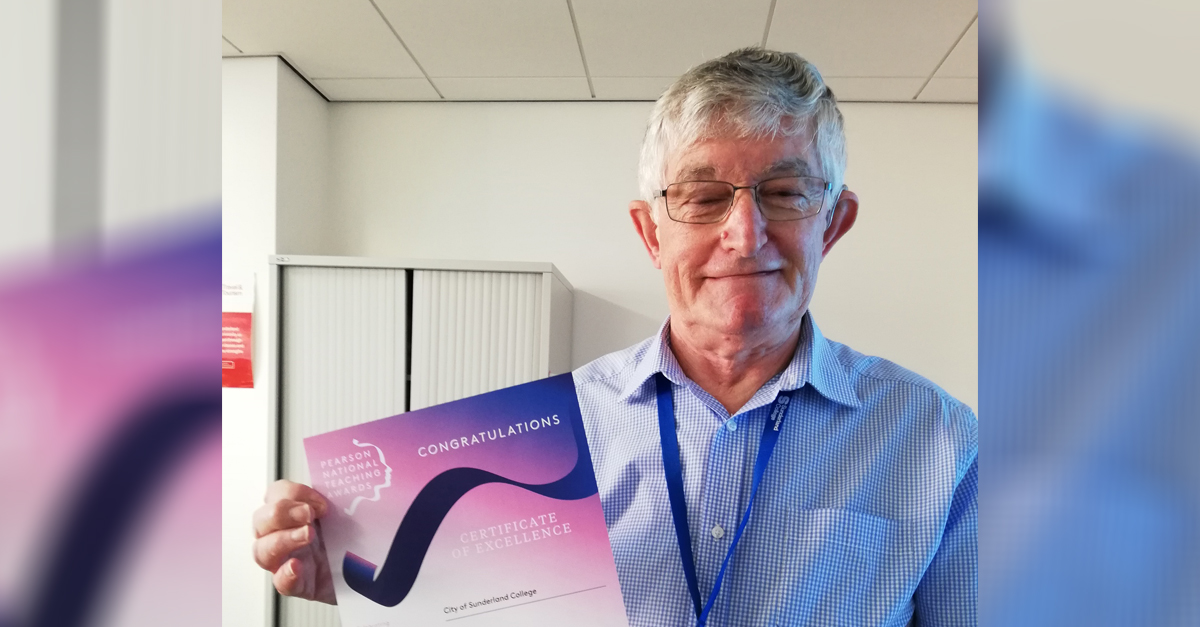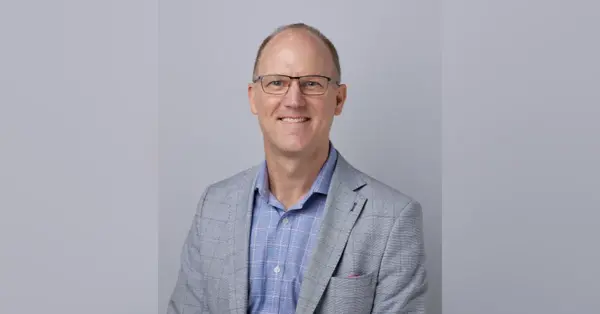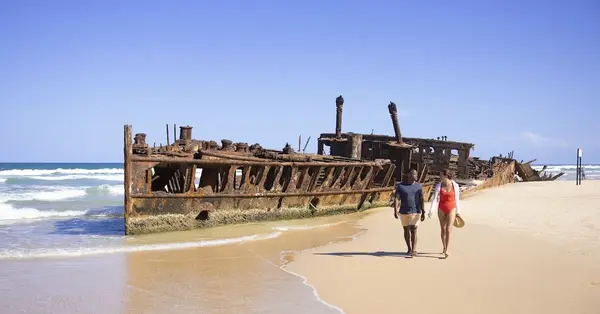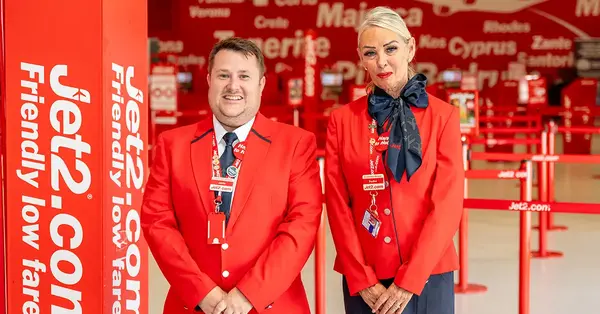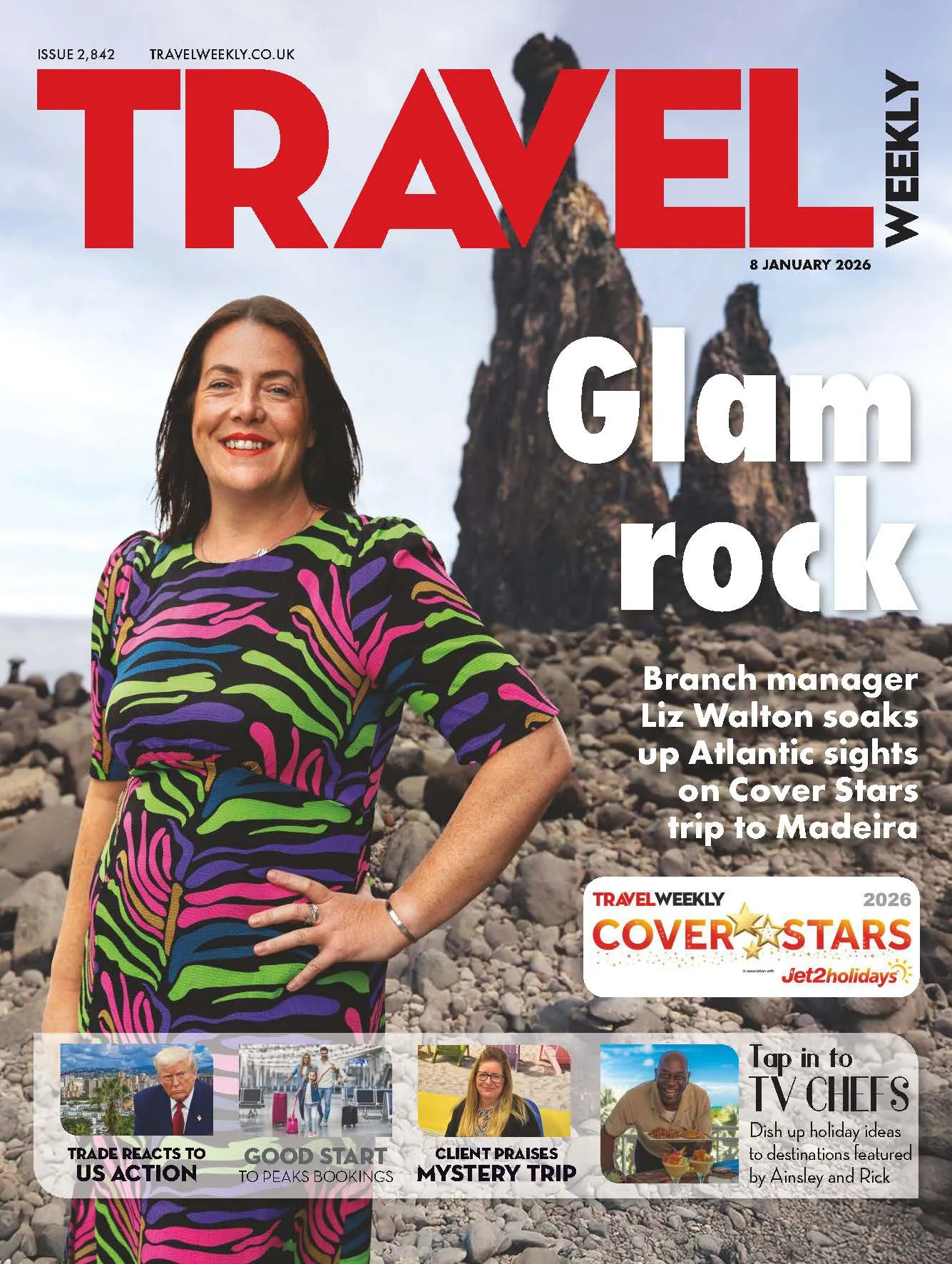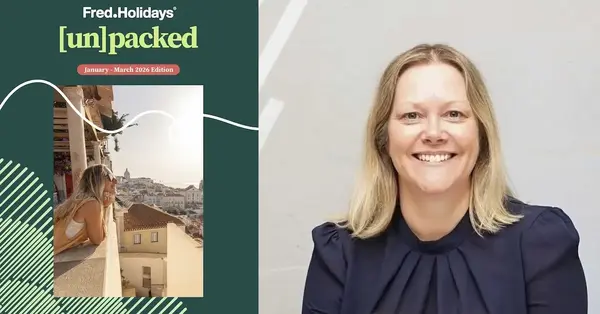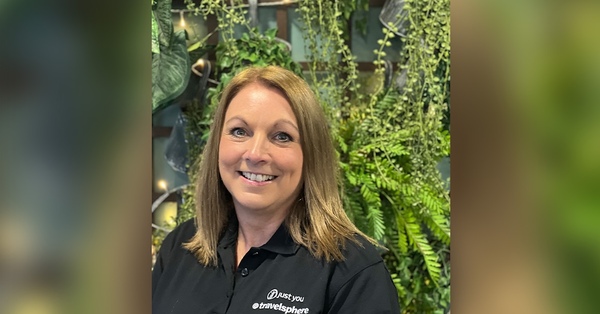You are viewing 1 of your 2 free articles
Your Stories: Travel and tourism lecturer Michael Bottomley Renshaw reflects on 60 years in travel
The Sunderland College lecturer shares how he worked his way up a trainee travel clerk aged 16 at Thomas Cook in Huddersfield. He speaks to Samantha Mayling
Q. How did you start in travel?
A. I started aged 16 at Thomas Cook, Huddersfield, in July 1962, as a trainee travel clerk. I was so nervous that my shop manager had to escort me in. My first training was calculating requests for rail tickets. We had a rack of rail tickets, just like those at the station. Mainly we sold Thomas Cook holidays and long-distance rail journeys to Europe. Often we would have to work until midnight writing out continental rail tickets. Later we were booking Clarksons, which went bust in 1974, and International Leisure Group (ILG), which failed in 1991; plus airlines such as Laker Airways, British Caledonian and Dan-Air. It was all done over the telephone.
I started aged 16 at Thomas Cook, Huddersfield, in July 1962, as a trainee travel clerk. I was so nervous that my shop manager had to escort me in
Q. How did your career progress?
A. By 1973, I had qualified for a Fellowship with the-then Institute of Travel Agents and set up self-study learning programmes at Thomas Cook. In September 1973, I started at Durham Technical College – which later became New College Durham – as a lecturer in travel and tourism, the first in the UK to offer a full-time Diploma in Travel and Tourism. It was set up by the Abta National Training Board under the chairmanship of Norman Richardson.
I remember my first day in class – with a blackboard and the only textbook in tourism that was available. I ran out of things to say after 20 minutes in a two-hour class. I drew an outline map of the UK on the blackboard and filled the rest of the time with locational travel and tourism. As courses moved to higher educational levels, I had to do likewise, obtaining a BA in Education and a Master’s degree in tourism marketing at the University of Surrey. This led to my one and only textbook, The Travel Agent.
The Master’s included a one-year fully paid secondment to the US to study marketing and new technology. Over the next 10 years we developed, along with Abta, a day release course, a Btec National Level 3 and – together with Northumbria University – the first degree in travel and tourism. Our Higher National Diploma (HND) was introduced in 1980. At one point we had more than 100 students studying for the HND and Thomas Cook would recruit from us each year. I also advised John Hays [founder of Hays Travel] on whether he should open a travel agency.
As director of studies and resources, I had a staff of six and more than 200 full-time students at one point. Many became industry leaders: a vice-president of Norwegian Caribbean Cruises, a chief executive at the Port of Tyne, a marketing manager at Hays Travel, and a product manager at Thomson Holidays, to name just a few. Others entered further and higher education, such as Suzanne Duncan, now principal of East Durham College; Stephanie Kirton, head of higher education, Newcastle College; and most recently Danielle White, a lecturer at Sunderland College.
I also advised John Hays on whether he should open a travel agency
Q. Where did you teach after Durham?
A. I moved to Newcastle College, North Tyneside College, Washington Business College and finally Sunderland College, where I have been for the past 23 years. I am the HND International Travel and Tourism Management programme leader. I am 77 and work part-time as I still enjoy helping young people to move into careers in travel and tourism. The government decision to cease funding of travel and tourism courses seems so unwise when you look back at the past 50 years and the massive contribution that colleges have made to the sector. At Sunderland, we have established excellent contacts with Newcastle and Teesside airports, DFDS Seaways’ head office in North Shields and Beamish museum, one of the UK’s top visitor attractions.
I’ve also been an external examiner and travelled to China, Malaysia, Singapore, Hong Kong and Vietnam. Students have visited Rome, Prague, Barcelona, Amsterdam, Benidorm and many more. I still have no firm plans for retirement; I will keep going as long as my health and fitness allow. When I do retire, I’ll be heading on my bucket-list trips, including Canada’s Rocky Mountaineer, visiting Australia and New Zealand, and cruising. I would like to say hi to all my past students and colleagues – some are in their mid-60s.
The government decision to cease funding of travel and tourism courses seems so unwise when you look back at the past 50 years and the massive contribution that colleges have made to the sector

Tell us about your training
Back in the 1960s Thomas Cook was the premier agent to work for and their training programme was second to none. I was sent on a three-month training course to their head office, which was in Berkeley Square, London.
At the end of the course, my knowledge of world geography was immense – which was possibly because of the weekly travel quiz. If you got all the questions right, then you won a first-class rail pass to go home for the weekend.
At the end of the course, my knowledge of world geography was immense – which was possibly because of the weekly travel quiz
From the Huddersfield branch, I progressed to Halifax as assistant manager and then to Glasgow as business travel manager. One of my top clients was Sir Hugh Fraser – chief executive of the House of Fraser. In those days youth unemployment was not a problem: I had received a job offer from the police.
However, I had impressed the manager of Thomas Cook in my interview and it was thanks to my mum that I accepted Thomas Cook, as it offered the chance to travel rather than pounding the beat on a wet winter’s night as a police officer.

